Portus Thinkathon
At the end of September, Bryan and John travelled down to Winchester School of Art to run a thinkathon for the University of Southampton’s…
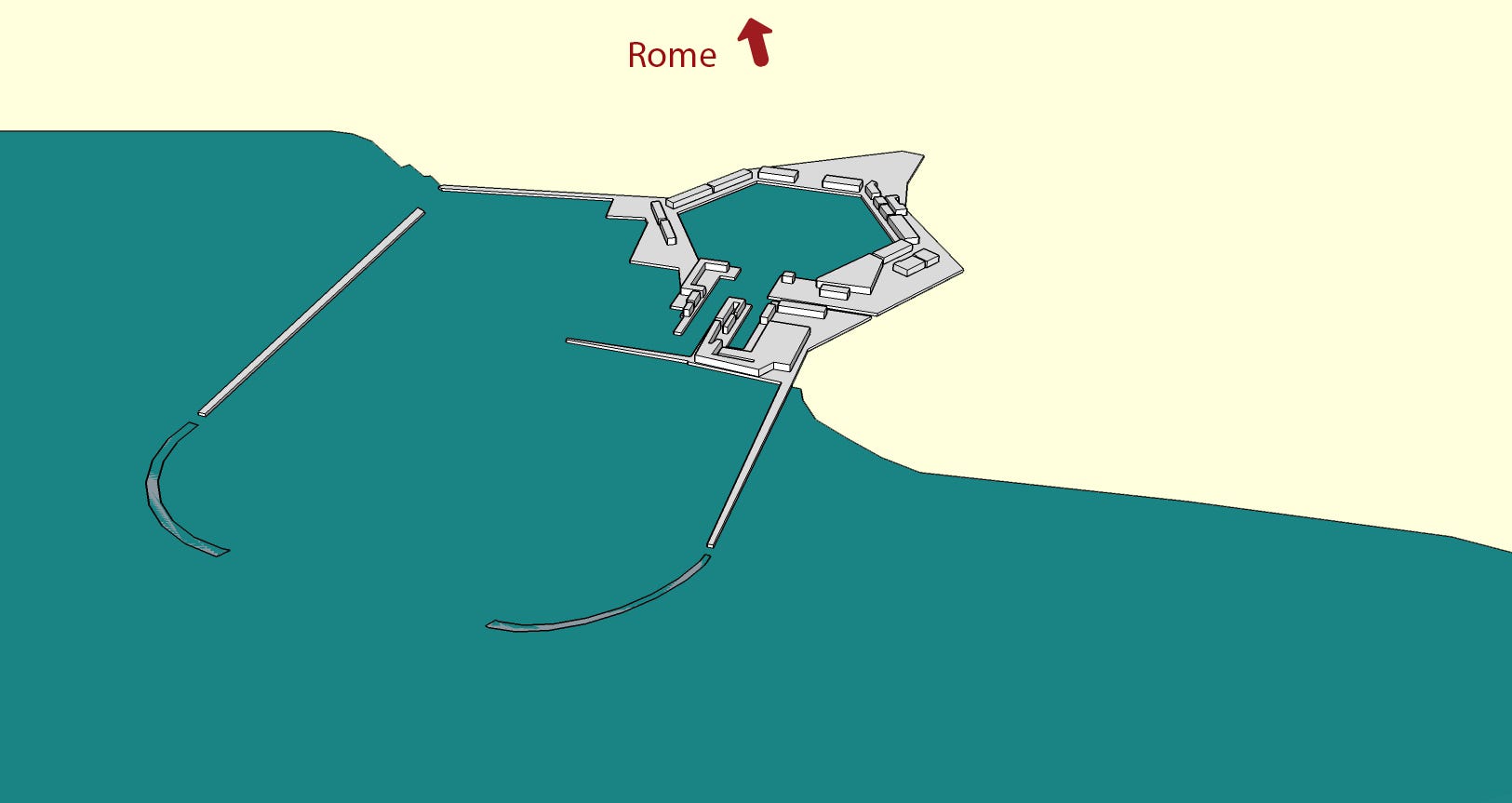
At the end of September, Bryan and John travelled down to Winchester School of Art to run a thinkathon for the University of Southampton’s Portus Project. From what the project team had told them, they knew they could help, but weren’t quite sure what to expect…
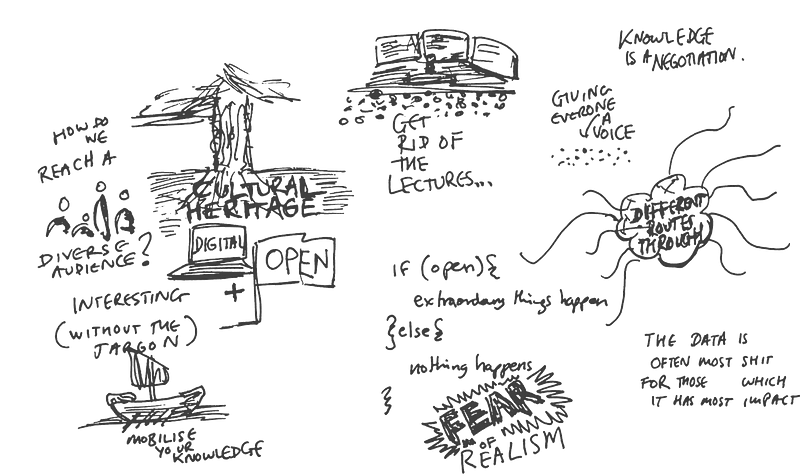
The PORTUS project has a rather recursive acronym: Portus Open Research Technology User Study.
‘Portus’ itself was Ancient Rome’s main port for over 500 years. Fast forward a bit… and for the last 15 years the archaelogical work and associated initiatives of the Portus project has been guided by two main objectives;
- Build a better understanding of Portus itself, as well as its relationship to Ostia, Rome, and the rest of the Mediterranean.
- Develop techniques that will enhance the ways in which highly complex classical sites can be investigated and recorded, and evaluate the impact of those techniques.
The project team emphasise how non-destructive surveying, open area excavation, and computer graphic representations of excavated / graphically-simulated Roman buildings can be key components to achieving these objectives.
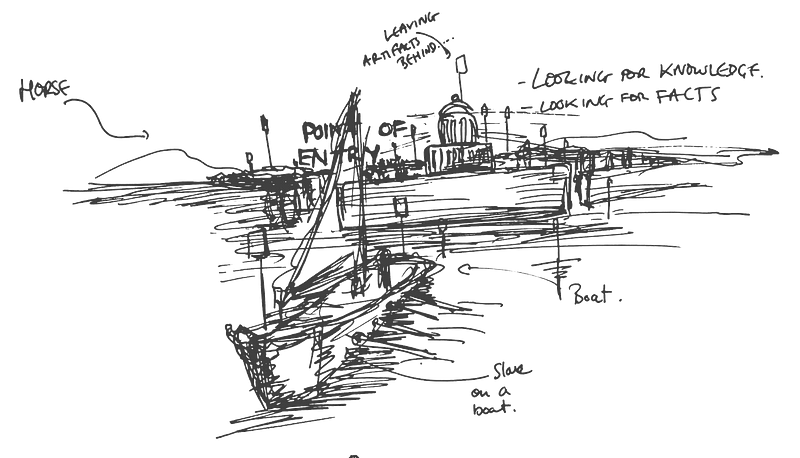
So, the brief for this thinkathon had three main things to explore:
- The nature and extent of user transitions from one open scholarship mechanism to one or more others e.g. one of the 40 million users who have already seen one of our documentaries following through to ePrints or our Massive Open Online Course, visiting Italy to see the archaeological site via a bespoke tour or paying to visit an exhibition.
- The impact of our improved system on user engagements with each mechanism e.g. reading and commenting on Arkivum or ePrints datasets; public sharing of related content via social media. This will identify the opportunities for monetising activities in open scholarship
- The impact of the design of the open scholarship ecosystem on these user journeys, building on previous work including video annotation, navigation via 3d content, interactive mapping, and timelines and multimedia navigation.
We brought together a few staff and contributors from across the project to think through how they might act as a hub for a wider Open Heritage Scholarship.
“Open scholarship is increasingly evidenced in the mainstream media, in the creative and cultural industries, and in research policy. These spread from an interest in freely-available second-screened broadcast media (e.g. content accessed during the broadcast of one of our documentaries on the BBC), via open education (e.g. the more than 200,000 people who have participated in our FutureLearn courses), through citizen science to open access publication, open research data and open tools and research workflows.” (From PORTUS blurb coming to the web soon)
We talked through the possibilities of establishing guided pathways through the huge library of content the project has access to and how we might enable learners “drop breadcrumbs for each other” or mark significant points on their journey.
We also started to explore ways in which these pathways could start to reach out beyond current PORTUS partners’ offerings to satisfy a particular learner’s desire to dive deep into a particular subject. Some of these pioneers forging new paths might lay a trail of breadcrumbs that proved tasty enough to entice new recruits to follow their way back to the MOOC or a BBC documentary.
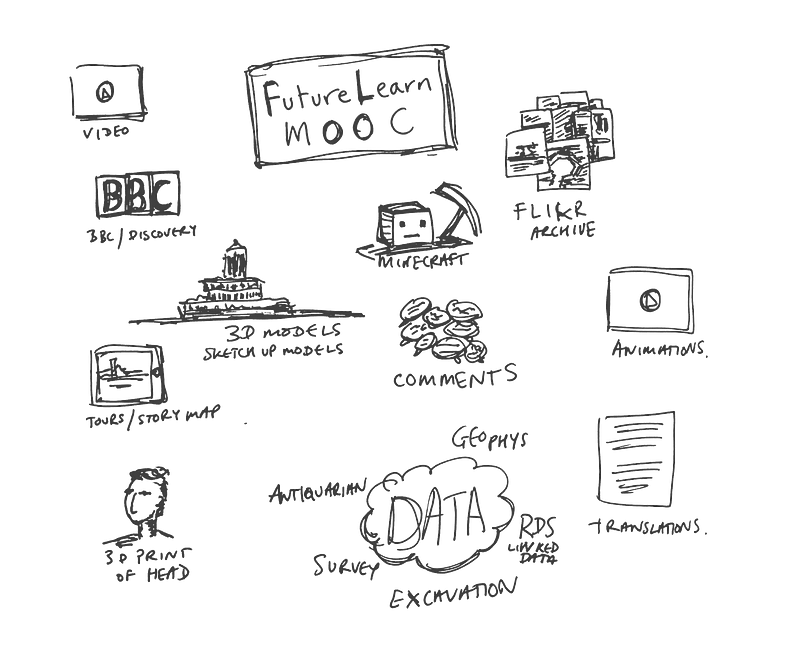
The main success criteria of a thinkathon is did we get them thinking? It’s not the throwing around of tales of past cleverness, but collaboratively stepping into new territories previously off-radar or un-noticed.
Matthew Tyler-Jones wrote up his version of events and, at the end of it, laid down a challenge:
“to test the willingness of heritage organisations to think “open” (at least in the digital world) rather than strictly controlled and moderated.”
We’ll keep working to help organisations in the sector embrace and benefit from working “open” and are talking to PORTUS about ways we might develop some of the ideas that came out of the thinkathon.
*/me adds discussion about Creative Commons licencing of the Portus Project flickr group to the next meeting agenda.*
FULL DISCLOSURE: Creative Commons also love a good thinkathon
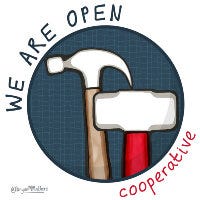
We Are Open Co-op works to spread the culture, processes, and benefits of openness wherever we can.
We are experts in facilitated thinking in a process we call the Thinkathon. Find out more by getting in touch with us for a friendly chat!
Email: thinkathons@weareopen.coop
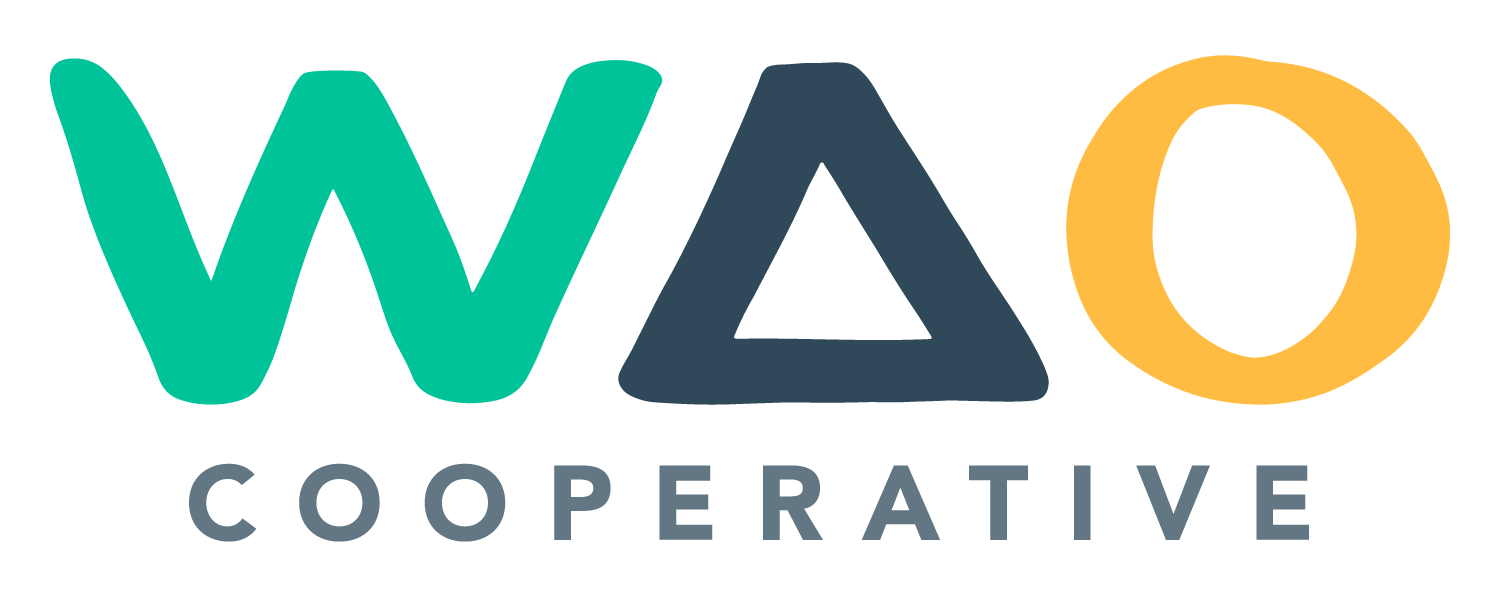
Discussion